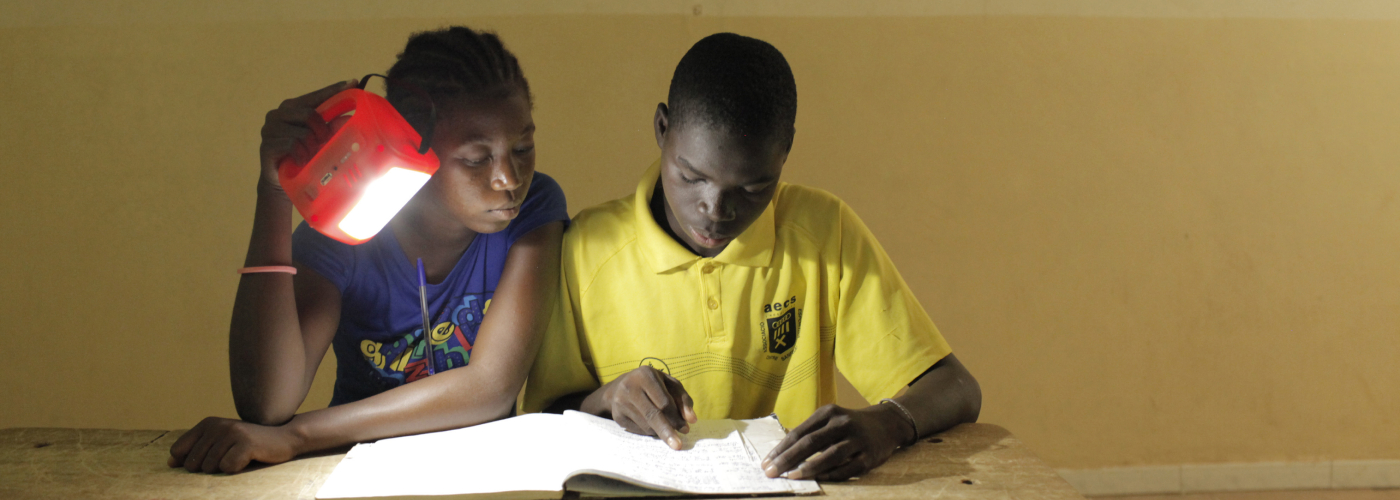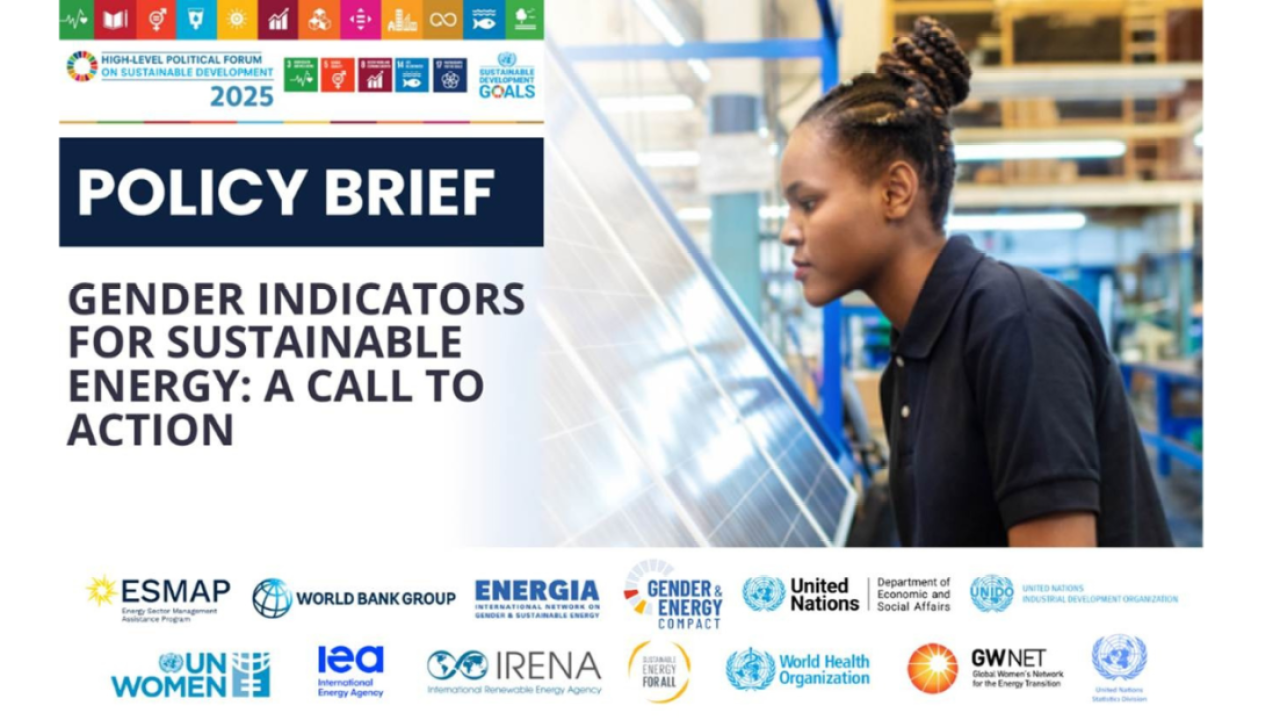The immense social, economic and environmental consequences of climate change and loss of essential ecosystems are becoming clear. Their effects are already being felt in floods, droughts, and devastated landscapes
and livelihoods. Among those most affected are the women and girls, given the precariousness of their livelihoods, the burden of securing shelter, food, water and fuel that largely falls on them, and the constraints on their access to land and natural resources. As the global community grapples with the challenges of sustainable development and the definition of the Sustainable Development Goals, the 2014 World Survey on the Role of Women in Development asserts the central role of gender equality. It charts the rationale and the actions necessary to achieve sustainable development.
Three criteria are employed to assess the likelihood of policy actions achieving gender equality. Do they support women’s capabilities and their enjoyment of rights? Do they reduce, rather than increase, women’s unpaid care work? And do they embrace women’s equal and meaningful participation as actors, leaders and decision-makers?
The World Survey 2014 is a serious and thoughtful contribution to our understanding of how gender equality relates to sustainable development. This is a resource that strengthens the hands of policy actors in different parts of the world – whether in government, civil society, international agencies, or the private sector. It is my firm hope that it will lead to policies and actions that enhance gender equality and the full enjoyment by women and girls of their human
rights.







